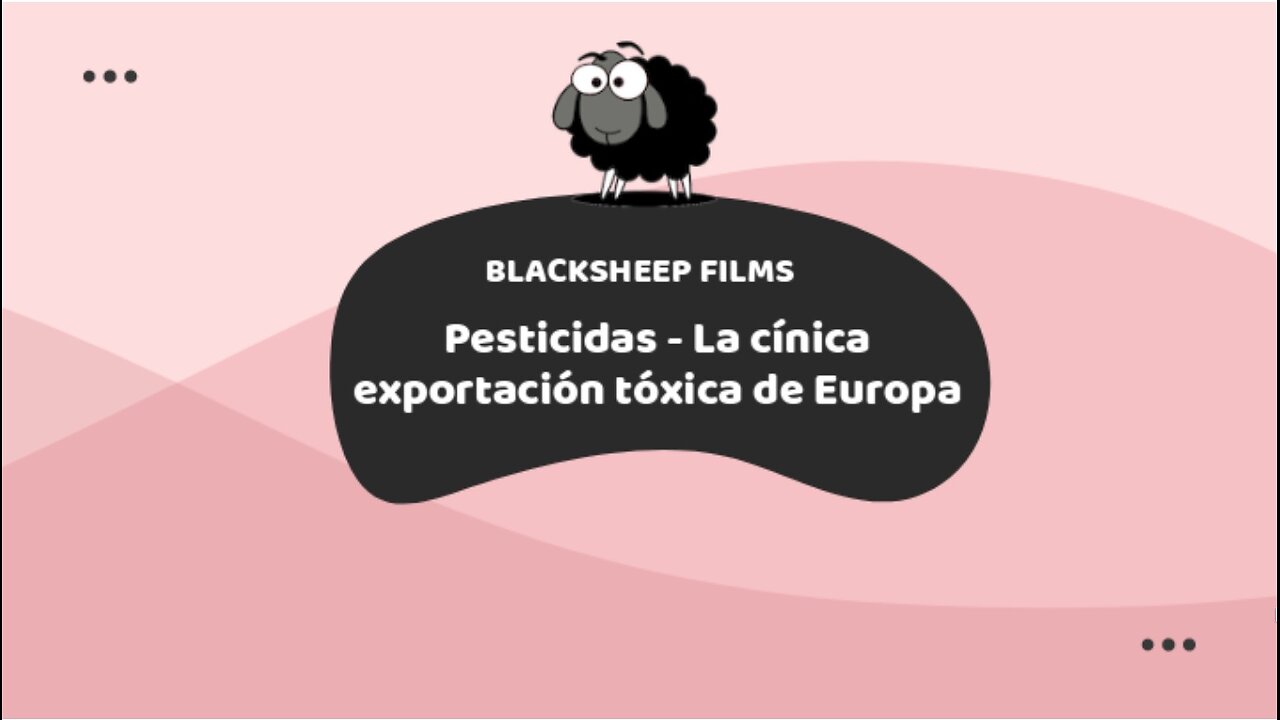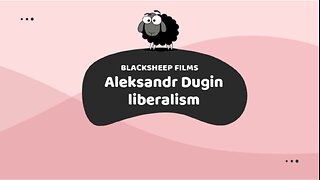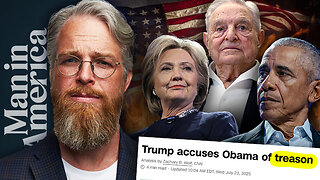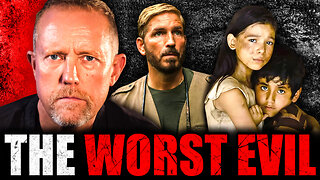Premium Only Content

Pesticidas - La cínica exportación tóxica de Europa
Este reportaje investiga el empleo de pesticidas. Muchos plaguicidas prohibidos en Europa son exportados a otros países donde su uso, a pesar de sus efectos nocivos, está permitido. Uno de los mayores receptores es Brasil.
Desde allí, la huella tóxica regresa a Europa en las naranjas, el café y la soja. Nada se hace en contra de ello. ¿Por qué permite la UE la lucrativa exportación a países emergentes de pesticidas prohibidos en Europa? Este reportaje va hasta la raíz de un circuito económico poco explorado. Alemania, que cada vez rechaza más las sustancias contaminantes, sigue siendo el mayor importador de café brasileño con residuos de plaguicidas. En toda Europa, se bebe jugo de naranja extraído de frutos fuertemente contaminadas del Brasil. Y quienes trabajan con plaguicidas en Sudamérica lo pagan con su salud. Los jefes de Estado europeos se deshacen en críticas a Brasil por los incendios en el Amazonas, pero se guardan muy bien de decir algo contra los negocios que tienen allí sus consorcios químicos. Más de la mitad de los pesticidas que llegaron recientemente al mercado brasileño están prohibidos en la UE por su peligrosidad para la salud y el ambiente. Productos fabricados, y a la vez prohibidos en Europa, encuentran consumidores en el hemisferio austral. Según la ONG suiza Public Eye, las empresas productoras europeas obtienen casi la mitad de su facturación con herbicidas vendidos a países emergentes y en vías de desarrollo. El reportaje muestra que la política europea casi no se ocupa del tema. En las fronteras apenas se controla, la legislación acepta los restos químicos en los alimentos y los actores económicos se esfuerzan sobre todo por conservar su propio estatus.
This article investigates the use of pesticides. Many pesticides banned in Europe are exported to other countries where their use, despite their harmful effects, is allowed. One of the biggest recipients is Brazil.
From there, the toxic footprint returns to Europe in oranges, coffee and soy. Nothing is done against it. Why does the EU allow the lucrative export of pesticides banned in Europe to emerging countries? This article goes to the root of a little-explored economic circuit. Germany, which increasingly rejects polluting substances, remains the largest importer of Brazilian coffee with pesticide residues. All over Europe, people drink orange juice extracted from heavily contaminated fruits from Brazil. And those who work with pesticides in South America pay for it with their health. The European heads of state are getting rid of criticism of Brazil for the fires in the Amazon, but they are very careful not to say anything against the businesses that have their chemical consortiums there. More than half of the pesticides that recently reached the Brazilian market are banned in the EU due to their danger to health and the environment. Products manufactured, and at the same time banned in Europe, find consumers in the southern hemisphere. According to the Swiss NGO Public Eye, European production companies earn almost half of their turnover from herbicides sold to emerging and developing countries. The report shows that European politics almost does not deal with the issue. Borders are barely controlled, legislation accepts chemical residues in food and economic actors strive above all to preserve their own status.
Documentary in English:
https://static-cdn.arte.tv/en/videos/095070-000-A/pesticides-european-hypocrisy/
Blacksheep on X: https://x.com/Blacksh49424801
-
 20:59
20:59
Blacksheep
1 year agoAleksandr Dugin liberalism
757 -
 10:17
10:17
Dr Disrespect
11 days agoIt's Time To Get Serious
180K27 -
 2:15:09
2:15:09
Badlands Media
1 day agoDevolution Power Hour Ep. 375: Obama’s Orders, Ukraine’s Collapse & the Inversion of Justice
298K107 -
 2:32:03
2:32:03
BlackDiamondGunsandGear
13 hours agoAFTER HOURS ARMORY w/ DLD & John from GOA & FLR
29.7K3 -
 1:05:28
1:05:28
Man in America
14 hours agoTREASON? Obama, Hillary, and Soros in the New World Order Agenda EXPOSED w/ Mel K
92.3K82 -
 2:22:46
2:22:46
The Connect: With Johnny Mitchell
15 hours ago $7.03 earnedOne Man's Mission To Stop Human Trafficking: How A Billionaire Mercenary Saved Hundreds Of Children
27.1K18 -
 2:35:13
2:35:13
Tundra Tactical
10 hours ago $14.16 earned🔫 California Ammo Win, Sig Sauer P320 Controversy, Meme Review & Would You Rather! 🎉🔥
42.6K6 -
 16:24
16:24
Forrest Galante
8 hours ago6 Deadliest Man Eaters to Ever Exist
29.8K9 -
 10:14
10:14
MattMorseTV
13 hours ago $16.21 earnedThe EU is in HOT WATER.
97.7K60 -
 6:51:32
6:51:32
The Rabble Wrangler
1 day agoPUBG with The Best in the West!
26.3K